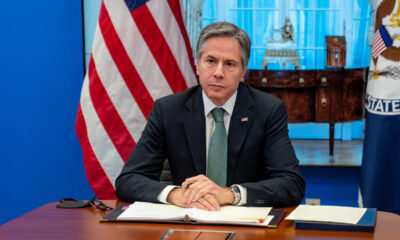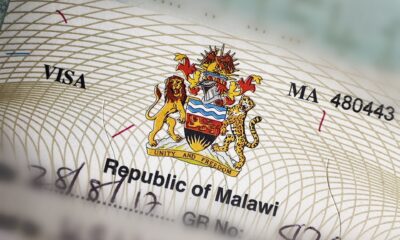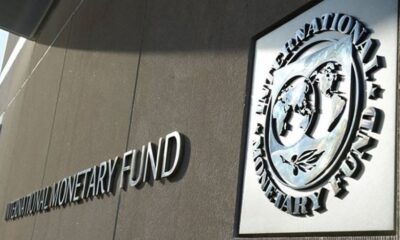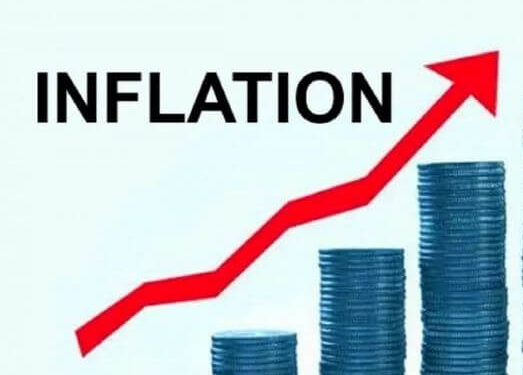Multilateral body, the International Monetary Fund (IMF) has said that Malawi needs almost $1 billion in debt relief from its creditors by 2027.
The announcement comes as the country battles severe medicine, fuel, and fertiliser shortages due to chronic foreign currency shortages. According to an IMF report, the landlocked nation requires $887 million in debt relief from its commercial creditors between 2023 and 2027 and $99 million from its bilateral creditors.
Malawi has a $1.6 billion financing gap between 2023 and 2027—that is, the difference between export revenues and the cost of imports and servicing external debt. The majority of that gap is expected to be covered by debt restructuring, with the remaining portion coming from grants, concessional loans, and the IMF loan.
Last week, the IMF Executive Board gave Malawi a $178 million, four-year loan. One of the main conditions for the IMF board to approve the loan was to obtain a commitment from bilateral creditors, China and India to restructure their share of the country’s external debt, which stood at $4 billion at the end of 2022.
$222 million of Malawi’s debt is owed to the Chinese Export-Import Bank, and $114 to Exim India. As at the end of 2022, Malawi owed $495 million to the African Export-Import Bank (Afreximbank) and $395 million to the Trade & Development Bank, its two principal commercial creditors.
Malawi is currently experiencing severe shortages of vital imports like fuel, medicines, and fertilisers due to forex shortages. 58.8% of the country’s population currently lives in extreme poverty.
Malawian President, Lazarus Chakwera announced a reduction in governance costs, overall prudence in public expenditure, and the suspension of foreign trips for himself and cabinet members. He has also reduced the fuel allowances of senior government officials by 50% due to inflation. He plans to increase the salaries of civil servants to ease the cost of living.


 Politics2 days ago
Politics2 days ago
 Musings From Abroad2 days ago
Musings From Abroad2 days ago
 VenturesNow2 days ago
VenturesNow2 days ago
 VenturesNow2 days ago
VenturesNow2 days ago

























